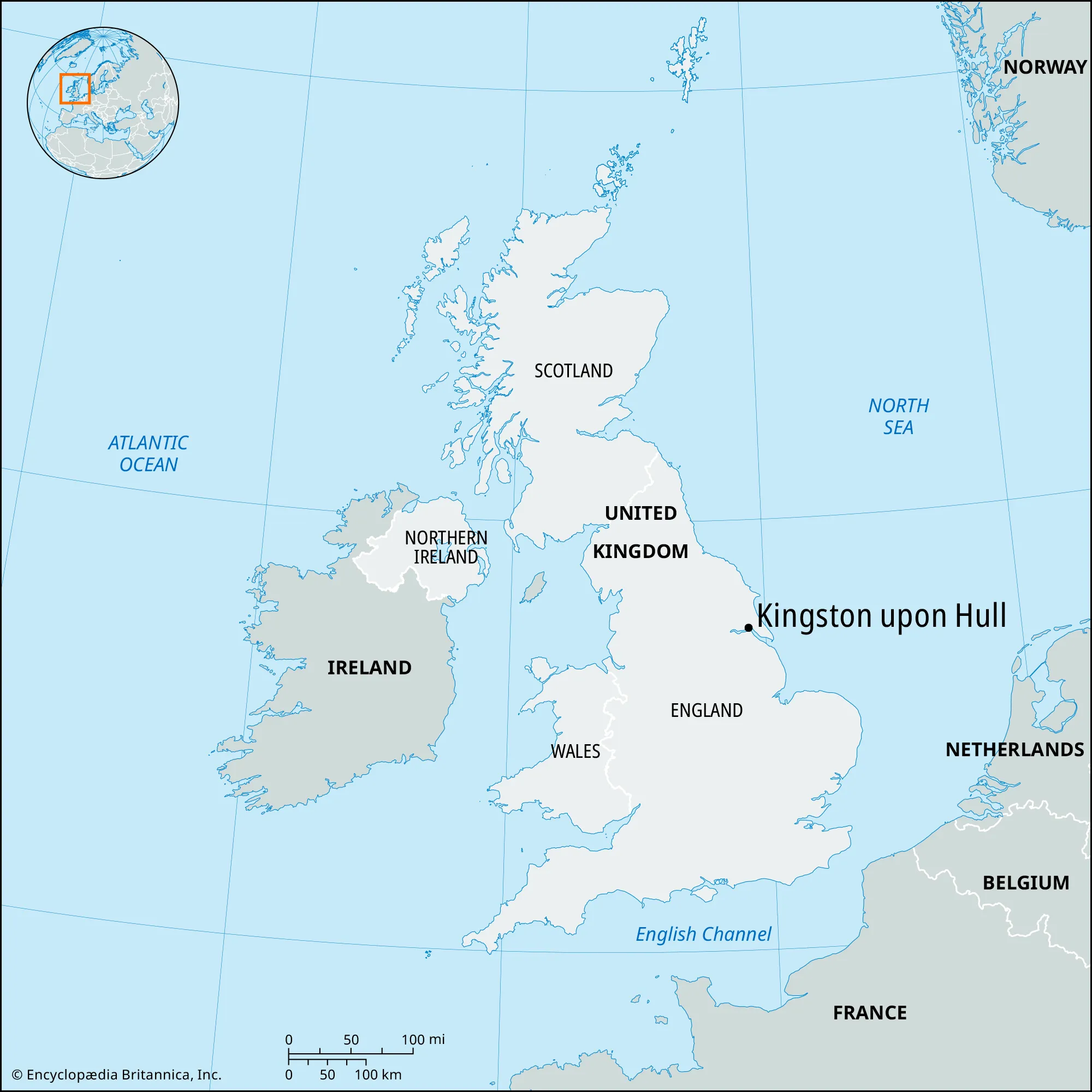Annual Climate Overview
- Temperature: The average annual temperature in Hull ranges from 6°C (43°F) in winter to 19°C (66°F) in summer. The climate is generally mild, with few extremes in temperature.
- Rainfall: Hull receives moderate rainfall throughout the year, averaging about 600 mm (23.6 inches) annually. The wettest months are typically October and November.
- Sunshine: Hull enjoys around 1,500 hours of sunshine per year, with the sunniest months being May through August.
Seasonal Weather Patterns
Spring (March to May)
- Temperature: Average temperatures range from 6°C (43°F) to 15°C (59°F).
- Weather: Spring in Hull is characterized by increasing sunshine and gradually warming temperatures. Rainfall is moderate, with occasional showers.
- Events: Spring is a great time to enjoy outdoor events and the blooming of flowers in the city’s parks and gardens.
Summer (June to August)
- Temperature: Average temperatures range from 13°C (55°F) to 19°C (66°F).
- Weather: Summers in Hull are mild and pleasant, with relatively low humidity. Rainfall is lower compared to other seasons, and days are longer and sunnier.
- Events: The warm weather makes summer ideal for festivals, outdoor concerts, and coastal activities.
Autumn (September to November)
- Temperature: Average temperatures range from 8°C (46°F) to 16°C (61°F).
- Weather: Autumn sees a gradual decrease in temperature and an increase in rainfall. October and November are typically the wettest months.
- Events: Autumn is marked by cultural festivals and the changing colors of the foliage in Hull’s green spaces.
Winter (December to February)
- Temperature: Average temperatures range from 1°C (34°F) to 8°C (46°F).
- Weather: Winters in Hull are cold but generally not severe. Frost and occasional snow can occur, but heavy snowfall is rare.
- Events: Winter is a time for holiday celebrations and indoor cultural events.
Extreme Weather and Advisories
Hull occasionally experiences extreme weather conditions such as heavy rainfall, strong winds, and coastal flooding. The city’s infrastructure is well-equipped to handle such events, but residents are advised to stay informed and take necessary precautions.
- Flooding: Hull’s low-lying coastal position makes it susceptible to flooding, particularly during high tides and storm surges. The Hull City Council provides flood alerts and safety advice.
- Storms: Strong winds and storms can occur, especially in autumn and winter. It’s important to secure outdoor items and follow safety advisories during such events.
Tips for Preparing for Hull’s Weather
- Clothing: Due to Hull’s variable weather, it’s advisable to dress in layers and be prepared for sudden changes in weather conditions. Waterproof jackets and sturdy footwear are essential, especially during the wetter months.
- Travel: Check weather forecasts before traveling, especially in winter, as icy conditions can affect roads and public transport.
- Emergency Kit: In case of extreme weather, keep an emergency kit with essentials such as water, non-perishable food, a flashlight, batteries, and important documents.


